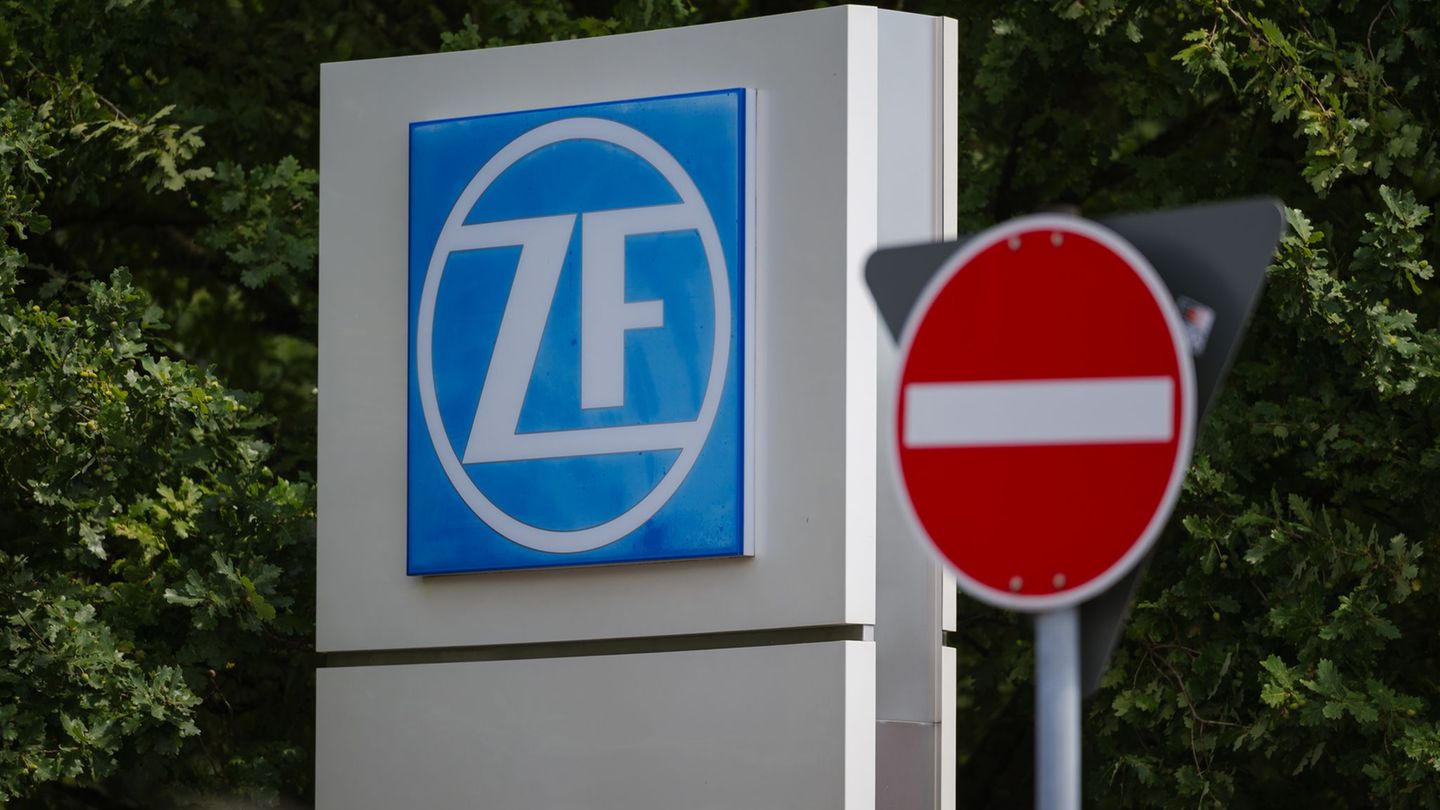Menu
Auto crisis: Auto supplier ZF writes red numbers again
Categories
Most Read
What is one of the most influential figures on Wall Street going to do in Argentina?
October 22, 2025
No Comments
Producers affected by floods in the province of Buenos Aires are exempt from the Rural Real Estate Tax
October 22, 2025
No Comments
Too little pension? You receive these subsidies from the state
October 22, 2025
No Comments
Volkswagen stops Golf production due to chip shortage
October 22, 2025
No Comments
The Government begins an investigation into dumping of Chinese engines
October 22, 2025
No Comments
Latest Posts

Linz Promenade: Renovation of the Sparkasse is scheduled to be completed in April 2026
October 22, 2025
No Comments
Renovation work in the former cash register room Udo Dettelbacher, head of real estate and operations management at Sparkasse OÖ (left) and Martin Punzenberger, board

Argentina, at the top of the countries that consume the most aesthetic medicine
October 22, 2025
No Comments
October 22, 2025 – 12:52 The preference for non-surgical and minimally invasive techniques reflects an aesthetic culture that prioritizes natural and quick results. freepik.es Argentina

ÖFB President Pröll demands: “Think better, learn better together and work together better”
October 22, 2025
No Comments
ÖFB supervisory board chairman Josef Pröll This is what the new ÖFB logo looks like The stadium on campus Around 19 months after the groundbreaking
24 Hours Worlds is a comprehensive source of instant world current affairs, offering up-to-the-minute coverage of breaking news and events from around the globe. With a team of experienced journalists and experts on hand 24/7.

